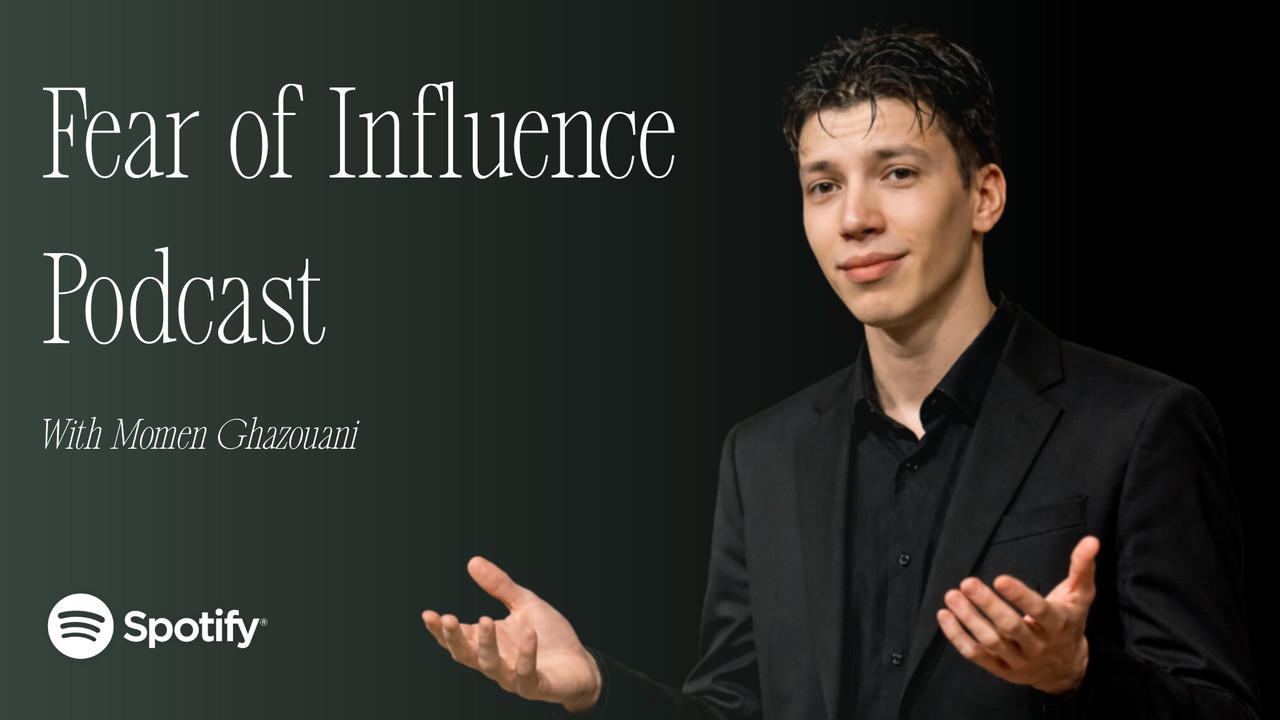Frankly, when I heard Jeff Bezos’s remarks about the importance of long-term work experience in shaping real entrepreneurs, I understood where he was coming from. He speaks from decades of experience inside one of the most complex corporate systems in the world Amazon It’s only natural that he sees gradual professional development and years of continuous work as the path toward deep understanding of markets and leadership. However, while his perspective is valid, I don’t think it can be taken as an absolute truth in an age where the tools of knowledge have changed so dramatically
 |
Jeff Bezos, Amazon’s founder, speaks onstage during Italian Tech Week 2025 |
I understand Bezos’s logic experience gives a person a wider perspective and allows them to see the subtleties that can’t be perceived from a distance. But it can also become a limitation if treated as the sole measure of competence. Today, experience is no longer measured only by years of service, but by the quality of exposure and the intensity of interaction with complex situations. Some people spend ten years working without gaining real insight, while others, through continuous experimentation and critical thinking, achieve intellectual and managerial maturity in just a couple of years Neuroscience and psychology both suggest that the brain can “accelerate” the learning process when exposed to stimulating, problem-rich environments. This makes me question whether long experience is truly necessary or whether what matters more is the density of experience rather than its duration Personally, I believe that chaos in the early stages of any startup is not a danger to be eliminated but a vital element to be understood. Chaos, at the beginning of a venture, is not necessarily a sign of weak management; it’s often a space where a new kind of order is being born. Every company starts with a degree of disorder, simply because ideas are still forming and teams are still developing a shared language. The real issue isn’t the chaos itself but how it’s managed whether one treats it as an enemy or as fertile ground for innovation.
Many young entrepreneurs today seek shortcuts to acquire experience, and I believe that’s partially possible. Self-education, engagement in small projects, and fast learning cycles can all help shorten the distance between the beginner stage and true maturity. Time can’t be fully replaced, but it can be compressed cognitively
Still, I agree with Bezos on one essential point: not everything can be shortcut. Certain insights can only come through lived experience managing people, handling losses, making decisions under pressure. These aren’t things you can be taught; they must be lived. Yet that doesn’t mean those without ten years of experience can’t understand or lead; it simply means they must build faster and more realistic learning environments Perhaps balance is the real answer here. Long experience creates depth, but learning intensity creates insight. Together, they distinguish the mature leader from the impulsive one. The question is not how long you work, but how you work, and what you learn along the way So I don’t oppose what Jeff Bezos said I just believe it should be viewed from a broader angle. The path to experience is no longer singular. Today, we can reach high levels of understanding without spending decades in the process, as long as we know how to redefine what “experience” truly means. In the end, experience is not about time spent it’s about awareness built
